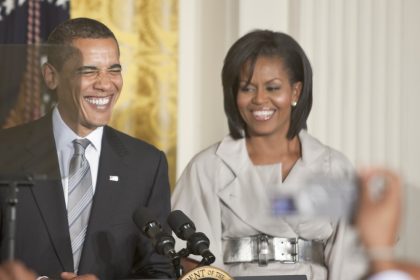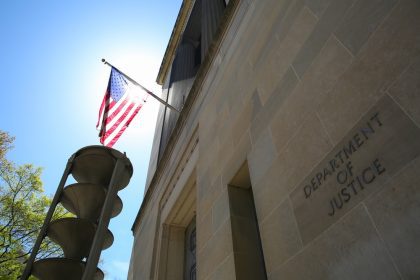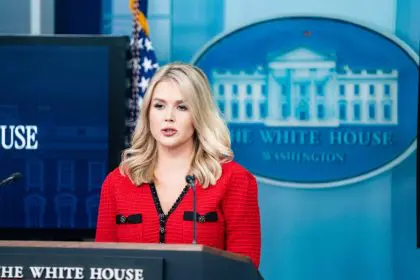 The nation’s most powerful lawyer is putting the weight of his office and the White House behind efforts to restore voting rights to ex-felons after they have paid their debt to society.
The nation’s most powerful lawyer is putting the weight of his office and the White House behind efforts to restore voting rights to ex-felons after they have paid their debt to society.
Attorney General Eric Holder, head of the U.S. Department of Justice, denounces laws that disenfranchise millions of Americans as “unnecessary and unjust,” and saying they are rooted in “centuries-old conceptions of justice that were too often based on exclusion, animus, and fear.”
Holder also notes that the policies had a disparate impact on minority communities and echoed those enacted during the post-Civil War era.
“By perpetuating the stigma and isolation imposed on formerly incarcerated individuals, these laws increase the likelihood they will commit future crimes,” Holder said during a speech at a criminal justice reform event hosted by The Leadership Conference on Civil and Human Rights at Georgetown University Law Center. “They undermine the reentry process and defy the principles of accountability and rehabilitation that guide our criminal justice policies. However well-intentioned current advocates of felony disenfranchisement may be, the reality is that these measures are, at best, profoundly outdated.”
Moreover, felony disenfranchisement laws date to a time “when these policies were employed not to improve public safety, but purely as punitive measures intended to stigmatize, shame and shut out a person who had been found guilty of a crime,” Holder added.
There are the hard figures. This policy negative impacts upwards of 5.8 million Americans, more than the individual populations of 31 states, Holder said. He even praised Sen. Paul Rand (R-Ky.) and said Paul’s “vocal support for restoring voting rights for former inmates shows that this issue need not break down along partisan lines.”
This speech represents an about face for the Justice Department, did not send any representative to a 2010 hearing of a House Judiciary subcommittee on the Democracy Restoration Act, a bill that would restore the voting rights of felons upon their release from prison.
As of yet, 11 states deny and/or make it difficult for former felons to vote even after they have served their prison sentence and are no longer on parole.
“It is unwise, it is unjust, and it is not in keeping with our democratic values,” Holder said. “These laws deserve to be not only reconsidered, but repealed.”













